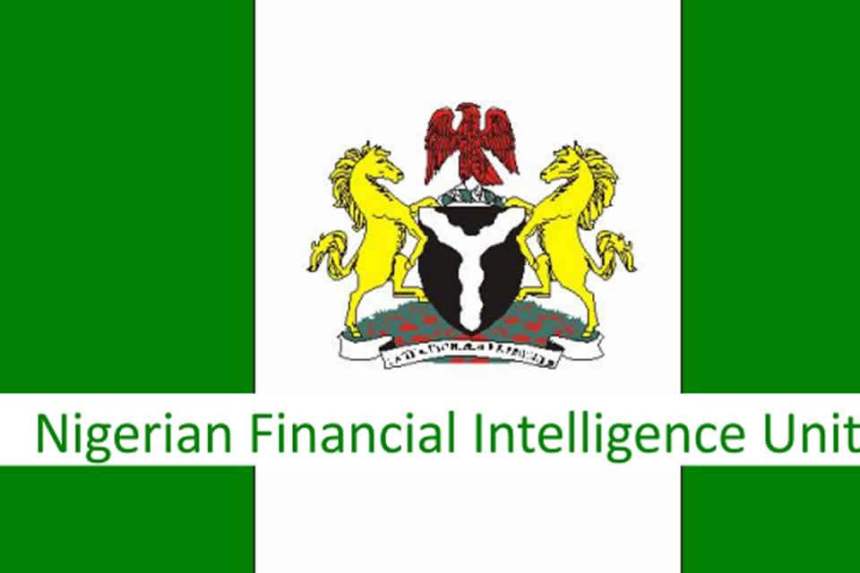NFIU raises concerns over inflow of weapons from Libya
The Nigerian Financial Intelligence Unit (NFIU) has expressed concern over the inflow of weapons in the country from Libya following the yet-abated security challenges facing the country. It stressed that Nigeria is at the receiving end of terrorist activities in the Sahel and must adjust its Anti-Money Laundering and Counter-Financing of Terrorism and Proliferation (AML/CFT/CPEF) […]

Nigerian Financial Intelligence Unit (NFIU),
The Nigerian Financial Intelligence Unit (NFIU) has expressed concern over the inflow of weapons in the country from Libya following the yet-abated security challenges facing the country.
It stressed that Nigeria is at the receiving end of terrorist activities in the Sahel and must adjust its Anti-Money Laundering and Counter-Financing of Terrorism and Proliferation (AML/CFT/CPEF) strategy to include the private sector to succeed.
The Chief Executive Officer of the NFIU, Hafsat Abubakar Bakari, raised these concerns when she led a delegation to participate in a Roundtable organised by the Centre for International Private Enterprise in Washington D.C.
In a statement by the NFIU Head, Strategic Communication, Sani Tukur, Bakari was quoted to have attributed the development to the escalation of Nigeria’s internal security crisis. The intelligence unit boss, who said Nigeria does not need a stopgap measure in fighting terrorism, called fora sustainable measure.
- Out-of-school children are liability Nigeria will pay for one day –Shettima
- No food for lazy man, Remi Tinubu tells youths
“Nigeria faces a significant internal crisis of banditry and kidnapping linked to terrorism and that the flow of weapons from Libya are a source of concern and is also directly associated with the escalation of Nigeria’s internal security crisis,” Bakari was quoted to have said.
She also drew the attention of the audience to the progress made by Nigeria to strengthen its AML/CFT/CPF framework and highlighted the steps taken by the NFIU and other stakeholders to improve national measures.
This, Bakari said, was to ensure the integrity of the financial system and prevent abuse by money launderers and other criminals.
The CEO also highlighted that the NFIU has the political will and support to do its job but needs institutional support to achieve its mandate.
She added that Nigeria needs the help of the international community in the fight against terrorism and proliferation finance in the Sahel and the Lake Chad region.
According to her, the unit was able to revive the Joint Task Force on tackling terrorism finance in the Sahel, and later this month, member states will meet in Abuja to sign an MOU to that effect.
Bakari told the audience, “Nigeria does not need a stopgap measure in fighting terrorism. We need a sustainable measure, and we need your help getting there.”
In the same vein, the NFIU delegation was hosted by the Director of the Africa Program at the Wilson Center, Ms. Oge Onubogu on October 1.
During the meeting, the CEO and Ms. Onubogu agreed on a number of joint efforts to ensure that there is a wider recognition of Nigeria’s ground-breaking reforms within the highest levels of the US public and private sectors.
